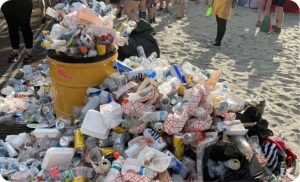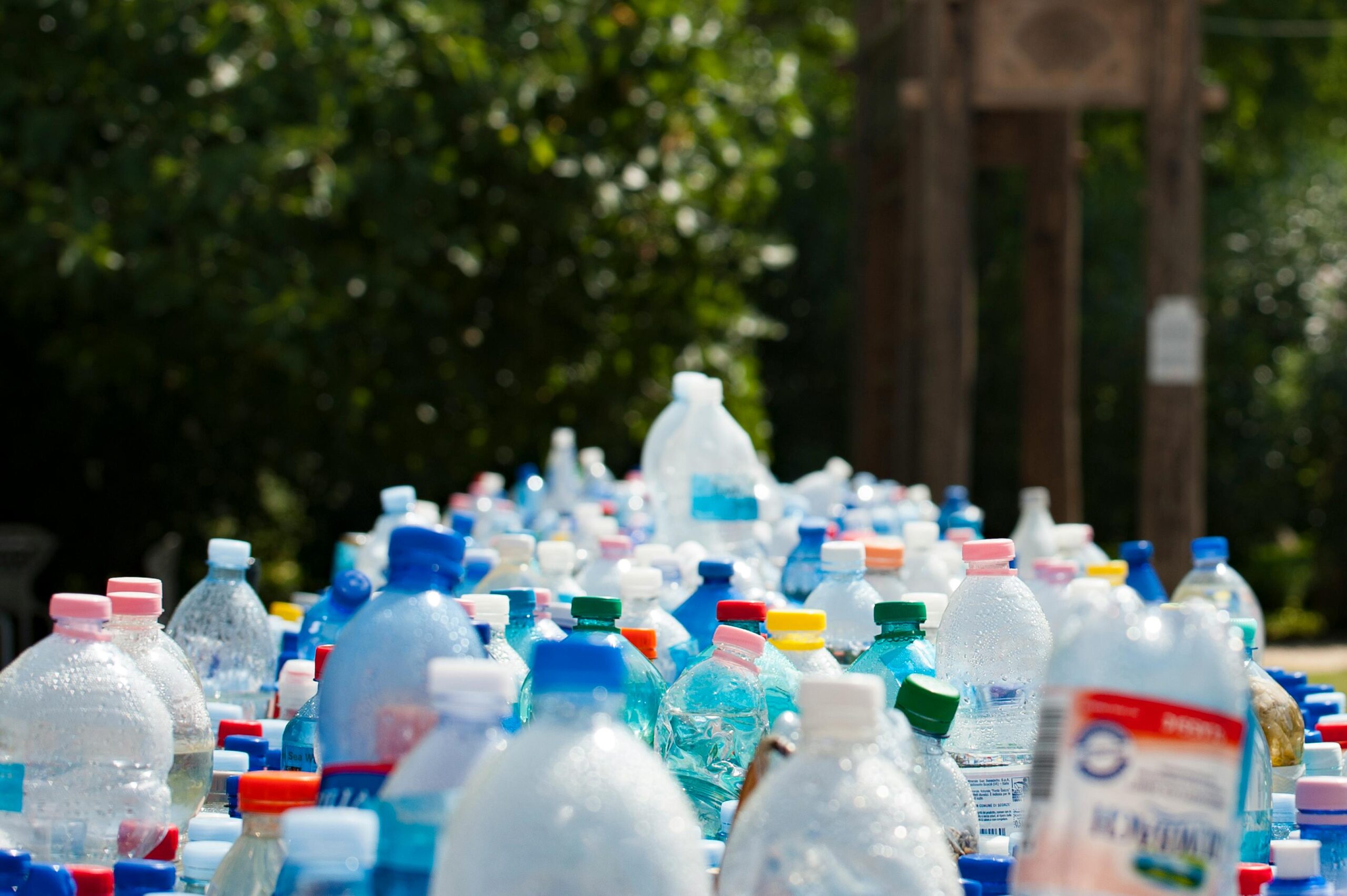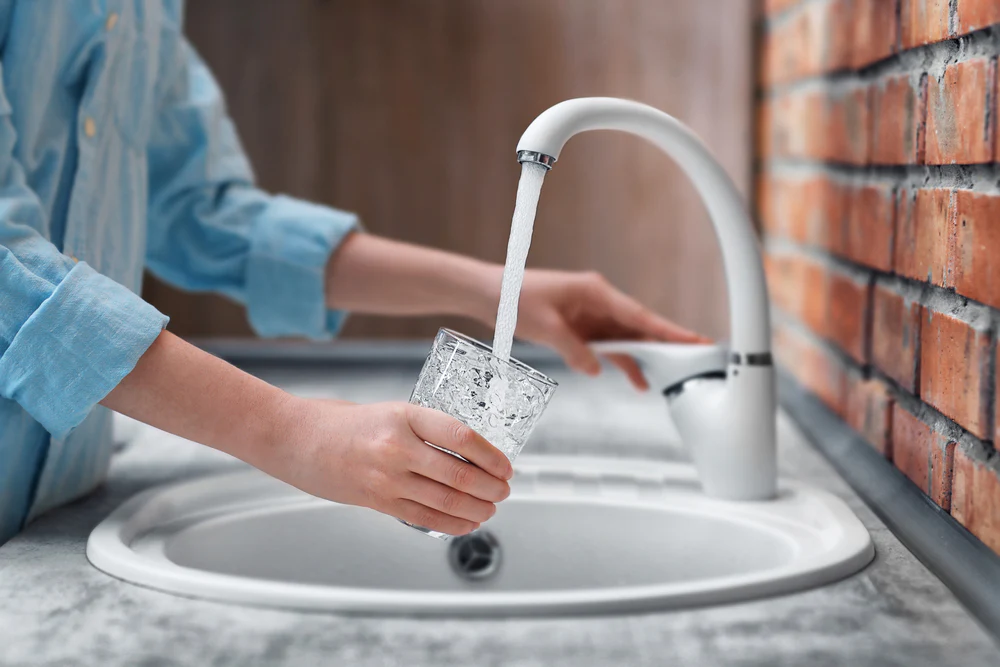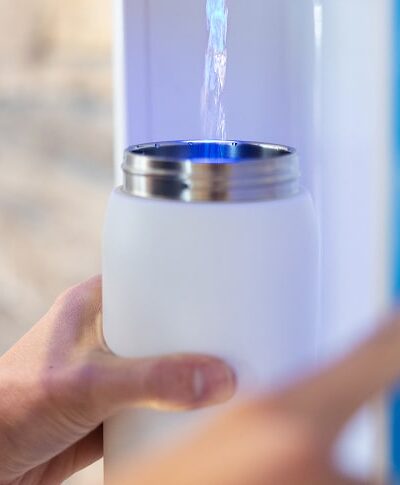Events, whether they are music festivals, sports competitions, or large conferences, have the potential to generate massive amounts of plastic waste. From food packaging to promotional materials, plastic is ubiquitous in the event industry. One of the most significant contributors to this waste is single-use plastic bottles. However, there is a growing movement towards sustainability, with water refill stations emerging as a key solution to combat single-use plastics and help eliminate waste. In this blog post, we’ll delve into the problem of plastic waste at events and explore how water refill stations can make a significant impact.
The Plastic Waste Problem at Events
The convenience of single-use plastics has led to an explosion in their use at events. Unfortunately, this convenience comes at a high environmental cost. Here are some startling statistics and facts about plastic waste:
- Volume of Waste: Large events can produce incredible amounts of waste, with a significant portion being plastic. For instance, the average stadium that hosts 300 events annually uses 5.4 million single-use cups – creating 64 tons of plastic waste.
- Environmental Impact: Plastics take hundreds of years to decompose, during which they break down into microplastics that contaminate soil and water. These microplastics can enter the food chain, affecting wildlife and human health.
- Recycling Challenges: While recycling is an option, many plastics used at events are not recyclable or end up in landfills due to contamination or lack of recycling facilities. Of the 40 million tons of plastic waste generated in the U.S. in 2021, only 5% to 6% — or about two million tons — was recycled.

Water Refill Stations: A Sustainable Solution
Water refill stations are emerging as an effective strategy to reduce plastic waste at events. Here’s how they contribute to sustainability:
- Reduction of Single-Use Plastics: By providing easy access to clean, filtered water, refill stations encourage attendees to bring and use their reusable water bottles instead of relying on single-use plastic bottles. This drastically cuts down on the number of plastic bottles that need to be produced, distributed, and disposed of.
- Revenue Generation: Events can generate revenue from brands by offering custom wrapping of the water Refill Stations and brand promotion on hydration products. Since hydration stations are often placed in high traffic areas, this can be a great advertising opportunity for any brand. This additional sponsorship revenue can be reinvested into other sustainable efforts and further enhance sustainability initiatives.
- Environmental Benefits: Reducing plastic waste helps lower the carbon footprint of events. The production and transportation of plastic bottles consume significant amounts of energy and resources, leading to greenhouse gas emissions. By cutting down on plastic use, events can become more environmentally friendly.
- Educational Opportunity: Implementing water refill stations also serves as an educational tool, raising awareness among attendees about the environmental impact of plastic waste and promoting more sustainable behaviors. Some modern hydration stations even come equipped with digital screens that can enhance consumer education or promote brands as event-goers hydrate.

Implementation of Water Refill Stations
Successfully integrating water refill stations into an event requires careful planning and execution:
- Strategic Placement: Stations should be placed in high-traffic areas to ensure easy access and visibility. Locations near food vendors, restrooms, and entrances/exits are ideal. FloWater refill stations also need to stay roughly within 150 feet of water sources.
- Adequate Signage: Clear and informative signage can guide attendees to refill stations and encourage their use. Educational materials about the benefits of reducing plastic waste can also be displayed.
- Promotion: Event organizers should promote the availability of water refill stations before and during the event. This can be done through social media, event apps, and on-site announcements.
Conclusion
Plastic waste at events is a significant environmental issue, but it is not insurmountable. Water refill stations offer a practical and effective solution to reduce the reliance on single-use plastics and help eliminate waste. By making these stations a standard feature at events, organizers can take a substantial step towards sustainability, creating a positive impact on the environment and setting an example for attendees. The future of events can be both enjoyable and eco-friendly, with water refill stations playing a pivotal role in this transformation.
If you’re looking to host a sustainable event and combat single-use plastics, get in touch with us today!
Sources
- National Geographic Society. “Plastic Pollution.” National Geographic, 2020. National Geographic.
- Environmental Protection Agency. “Reduce, Reuse, Recycle.” EPA, 2021. EPA.
- The Guardian. “Glastonbury Festival 2019: How to deal with waste.” The Guardian, 2019. The Guardian.
- World Health Organization. “Drinking-water.” WHO, 2022. WHO.
- Centers for Disease Control and Prevention. “Water Filters.” CDC, 2021. CDC.




